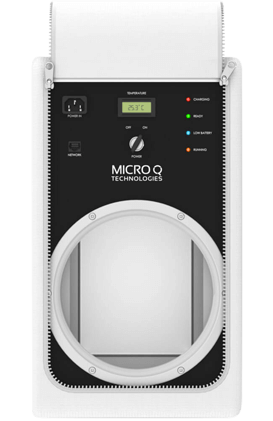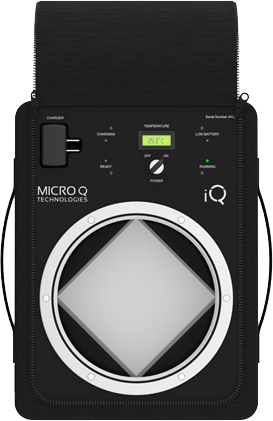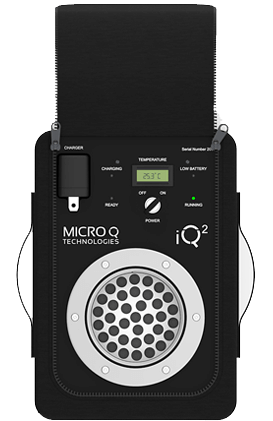Three-dimensional Printing of Vascularized Tissues
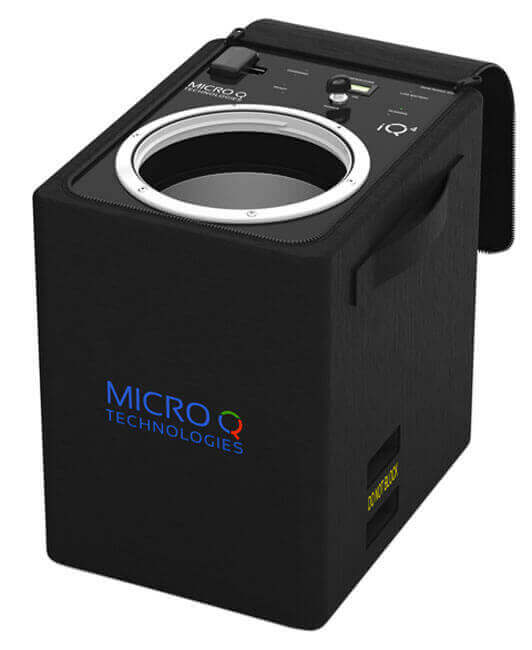
Three-dimensional (3D) bioprinting is the process creating cell patterns in a confined space using 3D-printing technologies, where cell function and viability are preserved within the printed construct. The technology is being applied to regenerative medicine to address the need for tissues and organs suitable for transplantation. To advance the field of regenerative medicine, NASA, in partnership with the nonprofit Methuselah Foundation’s New Organ Alliance, is sponsoring a challenge to create thick, metabolically-functional human vascularized organ tissue in a controlled laboratory environment. According to NASA, “related cells that are joined together are collectively referred to as tissue, and these cells work together as organs to accomplish specific functions in the human body. Blood vessels around the cells vascularize, providing nutrients to the tissue to keep it healthy. The vascularized, thick-tissue models resulting from this challenge will function as organ analogs, or models, that can be used to study deep space environmental effects, such as radiation, and to develop strategies to minimize the damage to healthy cells. Studying these effects will help create ways to mitigate negative effects of space travel on humans during long duration, deep space missions. On Earth, the vascularized tissue could be used in pharmaceutical testing or disease modeling. The challenge also could accelerate new research and development in the field of organ transplants.”
Benefits of Micro Q Technologies
- Active precision heating or cooling
- Temperature LCD display resolution = 0.1° C
- Temperature control range 0° C to 42° C
- Rechargeable battery with integrated power supply
- Ambient Temperature range -20° C to 50° C
- Temperature holding duration 24+ hours to 168+ hours
- Microprocessor controlled heat pump
- Tamper resistant key switch
- Temperature control resolution = 0.0625° C
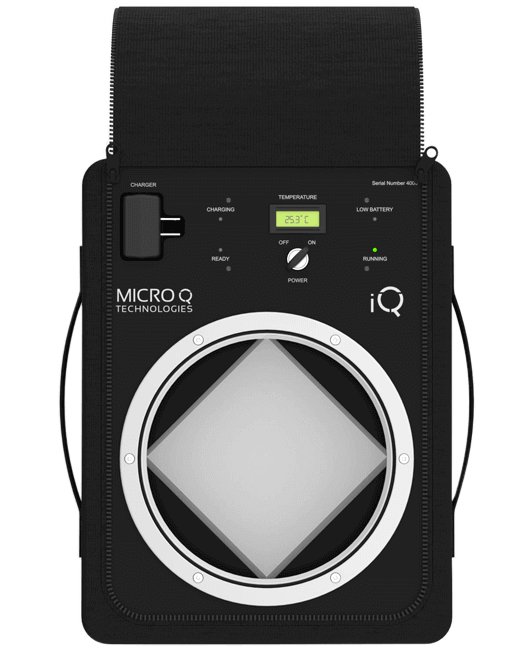
Additional Three-dimensional Printed Tissue Transportation Benefits
Human tissues can quickly and easily decompose or damage. Because of this, they should be monitored and protected throughout transport so that they will be able to be used for testing and research and so that the results will be accurate. The MicroQ iQ temperature controlled shipping incubator is temperature sensitive and capable of active heating and cooling. Should it sense any change in ambient conditions, it can actively adapt to maintain the desired temperature of the human tissue. It is controlled by a microprocessor, making its heating and cooling capabilities incredibly accurate. Additionally, it is very lightweight and durable. When shipping, packages can encounter rough handling, delays, transfers from different types of vehicles and can become damaged. The MicroQ iQ temperature controlled shipping incubator is so durable that it will protect human tissue throughout transport. The temperature controlled shipping incubator is also reusable. There is no need for disposable shipping incubators because the iQ simply needs to be recharged, reprogrammed and shipped again. Human tissue samples are vitally important for medical test results and research. If they become damaged or produce inaccurate results, it can cause time delays as well as additional expense. The MicroQ iQ temperature controlled shipping incubator will protect human tissue during transport and give peace of mind that test results will be accurate.

